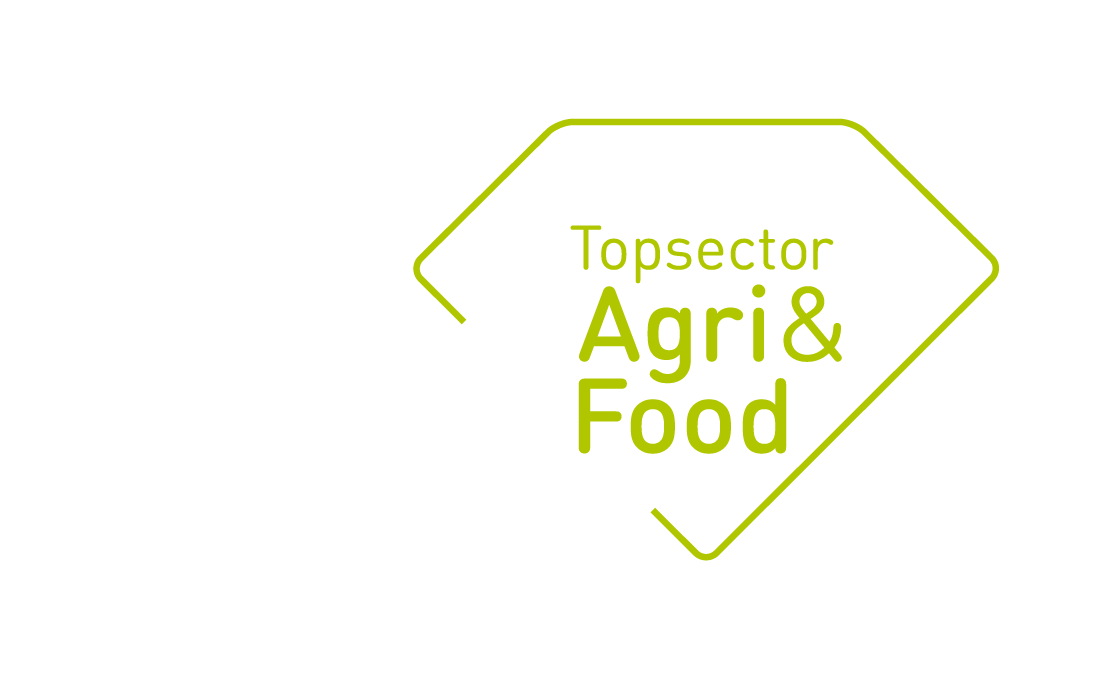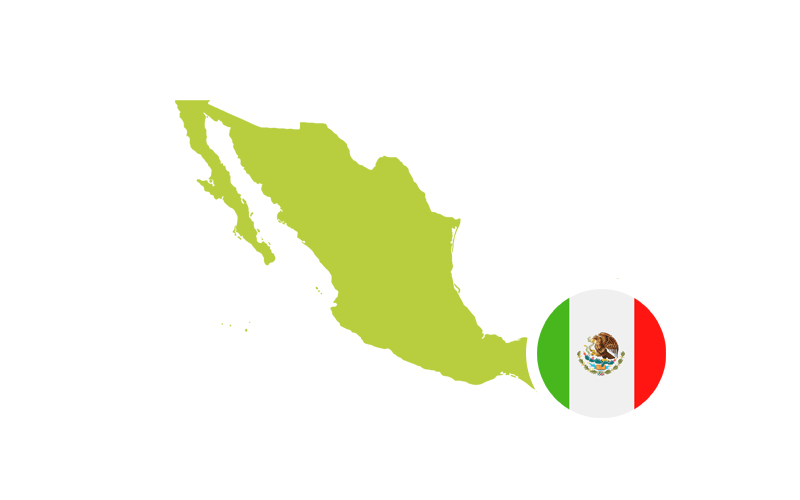Projecttitel: ProEnto
Projectnummer: SMP-1515
Kernthema: Resource Efficiency
Looptijd: 2015
Budget: € 50.000
Projectleider: Peter Ravensbergen
Kennisinstelling: Wageningen University & Research
Projectpartners: 4Ento SARL, NGN (new generation nutrition), ProEnto, SEDESU (Secretario de Desarrollo Sustentable), UAQ (Universidad Autónoma de Querétaro),
UNAM (Universidad Nacional Autónoma de México).
Samenvatting
The Innovation & Knowledge requirement of the target group is to answer the question how to safely apply insect proteins in food and feed when producing on different substrates (organic waste streams) for use in food and animal feed and the implementation of food safety methods (GMP and/or HACCP) and ISO certification(s).
The global demand for proteins is growing and more mouths need to be fed. Efficient production methods and alternative proteins sources are required to keep up with the growing demand of food and feed.
On average 25% of the produced food (and proteins) worldwide ends up as (low value) waste.
Sustainable methods to reduce greenhouse gas emissions due to transport and production of food & feed needs to be developed. Production methods need to be innovated and food safety needs to be implemented.
The European animal feed sector is bound by regulations that currently prevents the implementation of insect proteins in animal feed. This also applies for some of the states in the US, but regulations are expected to be changed to make implementation in feed possible. Global production of insect proteins is therefore still marginal and food safety issues regarding the production on different substrates can be a limitation for feed producers to apply these proteins in their feed. As most feed producers need large volumes, upscaling of the production is needed before application in animal feed can become interesting.
On a global scale solid waste is more and more recycled, but at local level the state of Querétaro in Mexico has not been able to implement several intended programs successfully yet to separate and recycle different types of solid waste.
Most of the organic waste (industrial, agrological and restaurant of household wastes) ends up on landfills and produces greenhouse gasses due to composting processes, while it can be used to produce insects with high levels of proteins, which after processing can be used in animal feed or food for humans.
At a global scale there are no standards on producing insect on waste for food or feed, other than the GMP+ or HACCP guidelines.
Development and implementation of ISO certifications and food safety standards (HACCP / GMP) in production techniques when producing and processing larvae on different substrates (waste streams).
Find applicable uses of insect proteins in animal feed based on the production on different substrates and their nutrient levels.
Underlying aims:
- Determine sustainable solutions for waste management and separation.
- Determine and describe (low cost) production methods for insects.
- Collaboration and exchange of students & researchers.
- Strengthen business relations between The Netherlands and Mexico.
The Innovation & Knowledge requirement of the target group is to answer the question how to safely apply insect proteins in food and feed when producing on different substrates (organic waste streams) for use in food and animal feed and the implementation of food safety methods (GMP and/or HACCP) and ISO certification(s).
The global demand for proteins is growing and more mouths need to be fed. Efficient production methods and alternative proteins sources are required to keep up with the growing demand of food and feed.
On average 25% of the produced food (and proteins) worldwide ends up as (low value) waste.
Sustainable methods to reduce greenhouse gas emissions due to transport and production of food & feed needs to be developed. Production methods need to be innovated and food safety needs to be implemented.
The European animal feed sector is bound by regulations that currently prevents the implementation of insect proteins in animal feed. This also applies for some of the states in the US, but regulations are expected to be changed to make implementation in feed possible. Global production of insect proteins is therefore still marginal and food safety issues regarding the production on different substrates can be a limitation for feed producers to apply these proteins in their feed. As most feed producers need large volumes, upscaling of the production is needed before application in animal feed can become interesting.
On a global scale solid waste is more and more recycled, but at local level the state of Querétaro in Mexico has not been able to implement several intended programs successfully yet to separate and recycle different types of solid waste.
Most of the organic waste (industrial, agrological and restaurant of household wastes) ends up on landfills and produces greenhouse gasses due to composting processes, while it can be used to produce insects with high levels of proteins, which after processing can be used in animal feed or food for humans.
At a global scale there are no standards on producing insect on waste for food or feed, other than the GMP+ or HACCP guidelines.
Development and implementation of ISO certifications and food safety standards (HACCP / GMP) in production techniques when producing and processing larvae on different substrates (waste streams).
Find applicable uses of insect proteins in animal feed based on the production on different substrates and their nutrient levels.
Underlying aims:
- Determine sustainable solutions for waste management and separation.
- Determine and describe (low cost) production methods for insects.
- Collaboration and exchange of students & researchers.
- Strengthen business relations between The Netherlands and Mexico.
Links
Deel dit bericht


